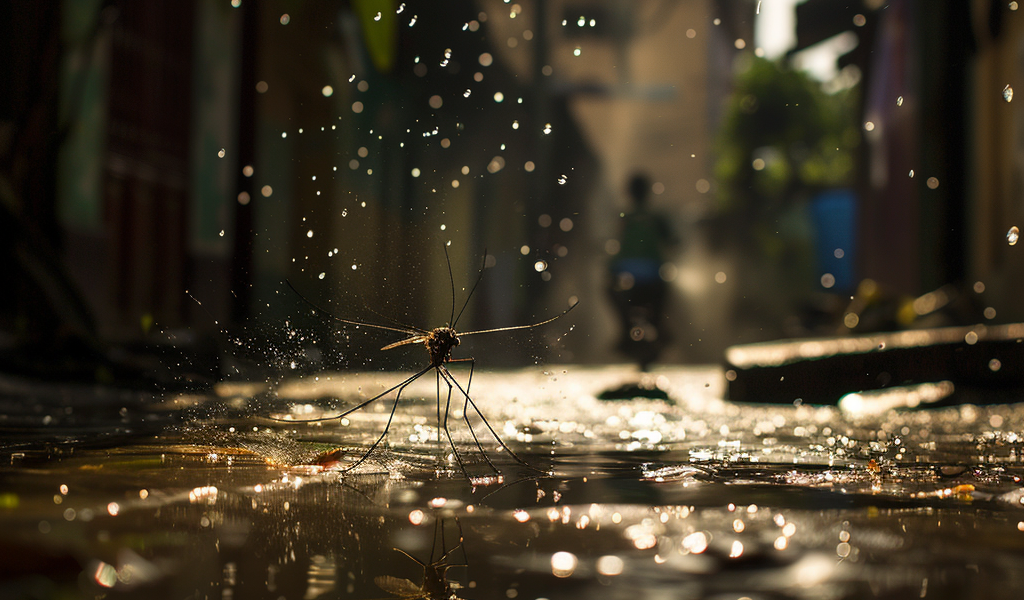As the monsoon season approaches in India, the focus shifts not only to agricultural concerns but also to the potential health risks posed by vector-borne diseases like dengue, malaria, and chikungunya. These diseases, transmitted by mosquitoes and flies, can lead to serious health complications and significant medical expenses.
During the monsoon, the prevalence of illnesses such as dengue, malaria, and chikungunya increases. Dengue, caused by the Aedes mosquito, presents with symptoms like high fever, severe headaches, joint and muscle pain, rash, and bleeding. Malaria, transmitted by the Anopheles mosquito, manifests as fever, chills, headache, nausea, and muscle pain. Chikungunya, spread by Aedes mosquitoes, is known for sudden fever and debilitating joint pain.
In addition to vector-borne diseases, water contamination during the monsoon can lead to illnesses like cholera, typhoid, and hepatitis A. These diseases can result in severe health issues and require significant medical expenses for treatment.
Understanding the severity of these monsoon-related illnesses underscores the importance of having health insurance for financial protection and peace of mind. Medical costs associated with these illnesses, including hospitalization, diagnostic tests, medications, and follow-up treatments, can quickly escalate. For instance, a single day of hospitalization may cost between Rs 25,000 and Rs 1,00,000, depending on the location and medical condition.
Health insurance plans play a crucial role in managing these expenses and ensuring access to necessary medical care without financial strain. Key features of health insurance plans include coverage for in-patient hospitalization expenses such as room rent, ICU charges, doctor’s fees, and nursing costs. Additionally, these plans often cover pre- and post-hospitalization expenses, providing comprehensive financial protection during times of illness.





